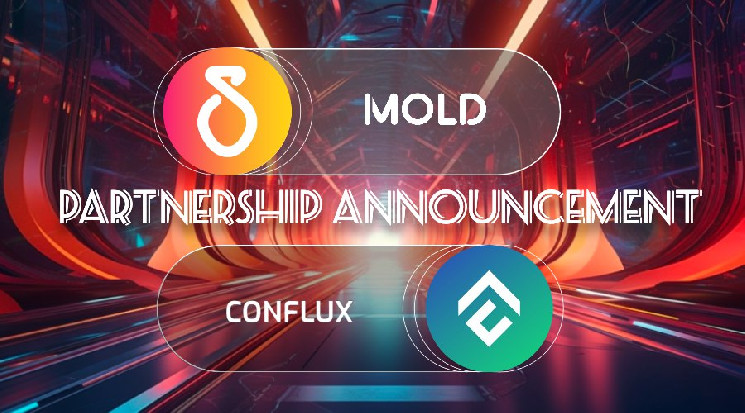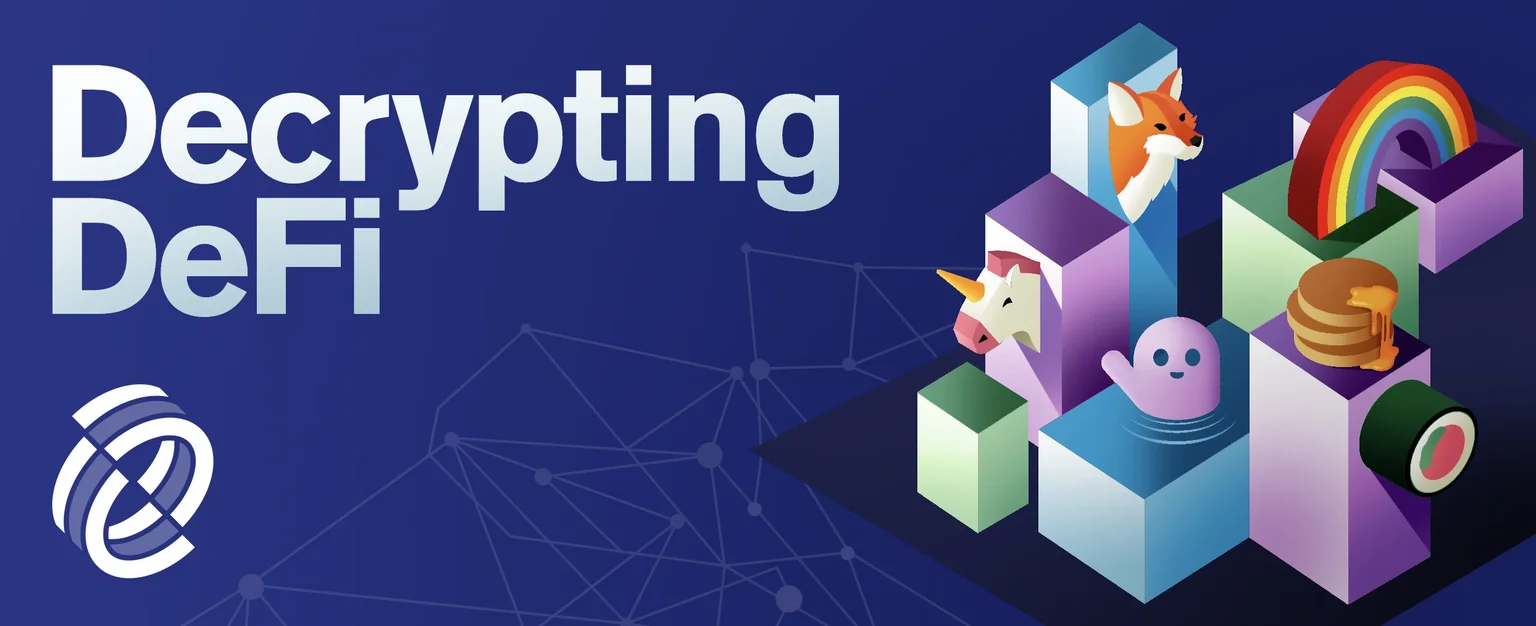DeFi
DeFi is one of the fastest-growing sectors in the crypto industry with over $50b of assets locked in various DeFi protocols. The growth in the sector can largely be attributed to several lucrative high interest earning opportunities across DeFi platforms. It is an emerging financial landscape that deploys blockchain technology to offer innovative financial services such as staking, yield farming, lending, and borrowing.
One of the major reasons for such a burgeoning growth in DeFi is the fact that these platforms run automatically using smart contracts without any intermediaries unlike a bank or insurance brokers. In an ideal scenario, these smart contracts power valuable services such as lending protocols and decentralised exchanges or DEXs.
However, since the technology is relatively new and still in its development stage, at times they contain bugs or security vulnerabilities that could be exploited by developers and attackers. With more technological advancement and innovation comes greater risks where scammers look for novice ways to attack vulnerable users and platforms, to capitalize and drain users’ crypto wallets.
Decentralisation is the backbone of DeFi where users interact directly with the protocol and conduct a financial transaction using innovative services for higher financial returns as compared to traditional finance. However, a lack of an intermediary could mean a lack of accountability where it may be difficult to establish investors’ rights and protect their funds as offered in the traditional financial world.
Common goals for financial regulation include protecting investors and other stakeholders, providing market efficiency and integrity, financial inclusion, capital formation, preventing illicit activity, and financial stability.
To safeguard DeFi, certain developments and infrastructure support are needed to help flourish the sector. It is valuable to identify common red flags within DeFi by establishing certain security standards, mimicking the investor protection offered by the traditional financial markets without losing the essence and freedom of decentralisation.
There are different ways exploiters and hackers can attack platforms and drain crypto wallets such as rug pulls, honeypots, phishing attacks, fake google ads, scam airdrops, etc. There are many ways to identify such scams, for example, it is a big red flag when most or over half of the circulating supply of a token is controlled by just a few wallets. One can check the token distribution on blockchain explorers such as Etherscan for Ethereum and by clicking on the “Holders” tab of the token contract.
To stay safe, one does not need to read smart contract code or understand programming languages. Simple and free tools are available in the market today that run automated audits of token contracts and check for malicious codes. Although they cannot be relied on entirely, they provide a good starting point to conduct due diligence on DeFi protocols.
AI cloud could support the infrastructure by replacing off-chain third-party providers with AI inference directly on-chain for information exchange. Self-learned AI-based smart contracts could be used for building fully autonomous chains.
Flash loan vulnerability is common where criminals exploit signature verification or manipulate trading pairs. Hence, investors should carry out their due diligence while using a particular platform and should use the ones that have conducted constant audit checks. These audits should be accessible on the company’s website for investors to view and carry out due diligence before investing using a particular platform.
Currently, a lack of standardization within DeFi is hindering the growth of the industry. There exist many protocols and networks but there are no standards that can be used by everyone to make DeFi simpler. Upgrading or implementing parts of the development becomes difficult without breaking other parts of the system, leading to fragmented development. Blockchain companies should work alongside standard-setting bodies such as ISO and UN/CEFACT to establish industry standards to be used as a base for development and growth in the industry.
The lack of policies, laws, and regulations to manage the potential risks within DeFi ecosystems projects a major hurdle in allowing the industry to achieve its full potential. Handling cross-jurisdictional disputes, KYC and AML compliances, digital identity and background checks should be stringent to protect users and the ecosystem at large. Policymakers should act coherently across countries to formulate policies to address compliance issues surfacing the DeFi industry.
Platforms can use static analysis tools to help them find bugs earlier that are designed to automatically run through contracts for finding potential vulnerabilities. The platforms should also have a bailout plan for their investors in case of a hack such as getting insurance, installing an emergency pause feature, or having an upgrade plan. Insurance protocols have become a popular way to recover from a disaster as they could add a level of financial security without compromising on decentralisation.
Usually, it is safer to check the team behind the project and it is better if the team is public, or if it is run by anonymous accounts that hold a good reputation through previous track records of launching successful projects.
In a nutshell, a large chunk of the responsibility lies with the DeFi platform owners to safeguard investors by implementing security measures and certain standards to prevent attacks and exploits. The platforms should conduct real-time analysis, monitoring, and testing of the traffic on the protocol or application and should have a plan to tackle exploits and alert investors in advance, constantly educating them on how to remain secure by following a set of rules and security measures, and by keeping a bailout plan ready.
Sourced from cryptonews.net.










